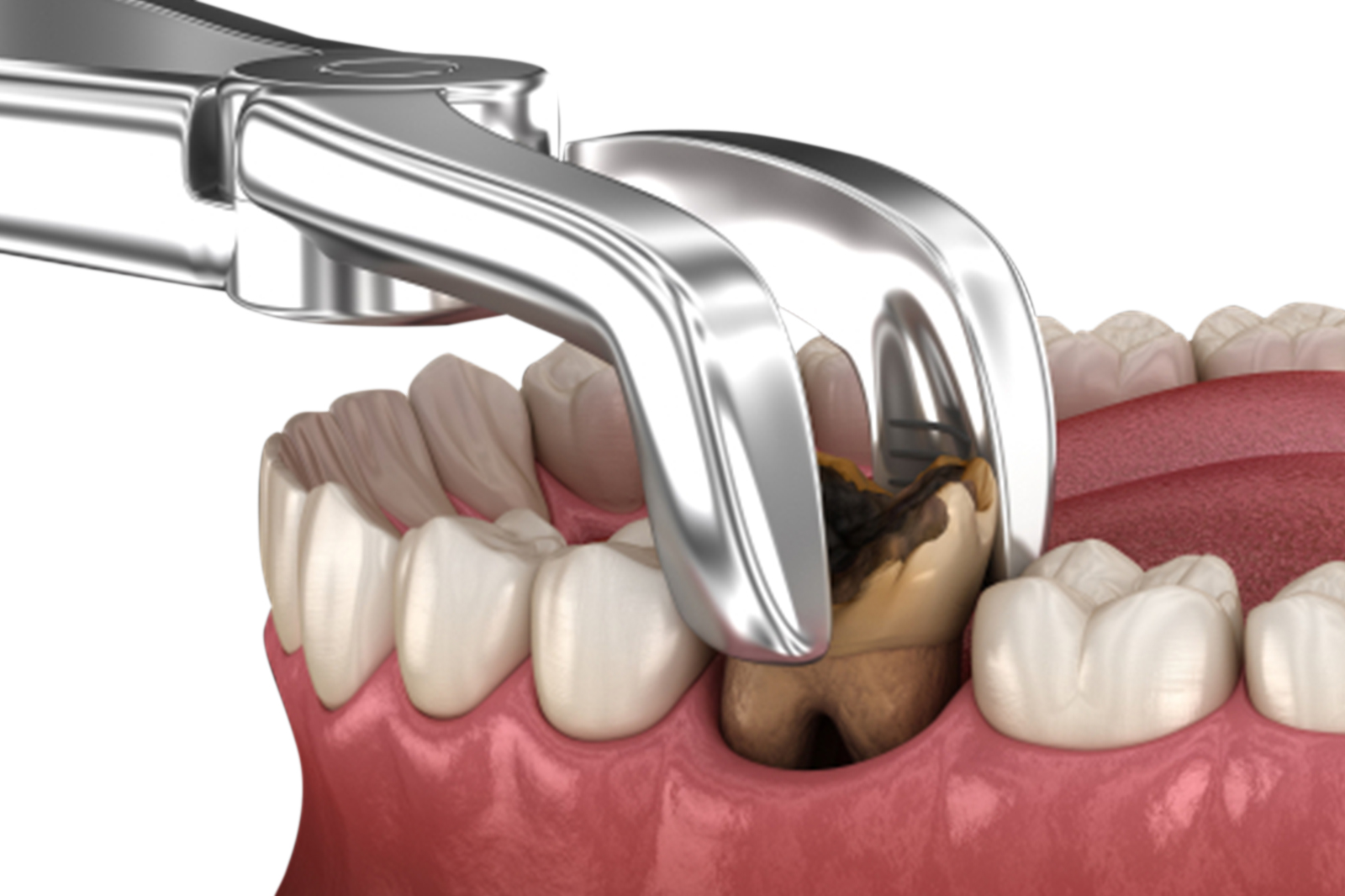Aftercare Tips for Root Canal Treatment
MAY 2024

A root canal treatment is a common dental procedure that saves a severely infected or damaged tooth. Proper aftercare is essential to ensure a smooth recovery and the long-term success of the treatment. Here are detailed aftercare tips to follow after undergoing a root canal treatment.
Immediate Aftercare
Pain Management:
- Medication: Take any prescribed painkillers or antibiotics as directed by your dentist. Over-the-counter pain relievers like ibuprofen can help manage discomfort.
- Cold Compress: Apply an ice pack to the affected area for 10-15 minutes at a time to reduce swelling and numb the pain.
Eating and Drinking:
- Soft Diet: Stick to soft foods for the first few days. Avoid chewing on the treated side of your mouth until your dentist says it’s okay.
- Avoid Hot and Cold Foods: Your tooth may be sensitive to temperature changes, so avoid very hot or cold foods and beverages.
- Hydration: Drink plenty of water, but avoid using straws as the suction can disrupt the healing process.
Oral Hygiene
- Brushing:Gently brush your teeth twice a day with a soft-bristled toothbrush. Be careful around the treated area to avoid irritation.
- Flossing:Floss daily, but be gentle around the affected tooth to avoid disturbing the area.
- Mouthwash:Use an antibacterial mouthwash to help keep the area clean and reduce the risk of infection. Your dentist may recommend a specific type.
Activity and Rest
- Rest: Rest for the first 24 hours after the procedure. Avoid strenuous activities that could increase blood flow and cause more pain or swelling.
- Elevate Your Head: Keep your head elevated while sleeping to reduce swelling. Use an extra pillow to prop yourself up.
Follow-Up Care
- Temporary Filling/Crown:
- If a temporary filling or crown was placed, avoid chewing on that side of your mouth until the permanent restoration is completed.
- Be cautious with sticky or hard foods that could dislodge the temporary filling.
- Permanent Restoration:
- Schedule an appointment with your dentist to have the permanent crown or filling placed. This is crucial for the long-term success of the root canal treatment.
Signs to Watch For
- Persistent Pain:
- It’s normal to experience some discomfort after a root canal, but if the pain persists or worsens after a few days, contact your dentist.
- Swelling or Infection:
- If you notice increased swelling, redness, or discharge from the treated area, or if you develop a fever, contact your dentist immediately.
- Loose Filling/Crown:
- If the temporary filling or crown feels loose or falls out, contact your dentist to have it replaced as soon as possible.
Long-Term Care
- Regular Dental Visits:
- Continue to visit your dentist regularly for check-ups and cleanings. This helps ensure any potential issues are caught early.
- Good Oral Hygiene:
- Maintain good oral hygiene practices, including brushing, flossing, and using mouthwash to keep your teeth and gums healthy.
- Avoid Hard Foods:
- Avoid chewing on hard objects like ice or pens, which can damage the treated tooth and the restoration.
Conclusion
Following these aftercare tips can help ensure a smooth recovery after your root canal treatment and maintain the health of your tooth. Remember to follow your dentist’s specific instructions and contact them if you have any concerns or unusual symptoms. Proper aftercare is essential for the long-term success of your root canal treatment and your overall oral health.
For more information on our dental services, schedule an appointment through https://nationalmed.ae or visit our clinic.











